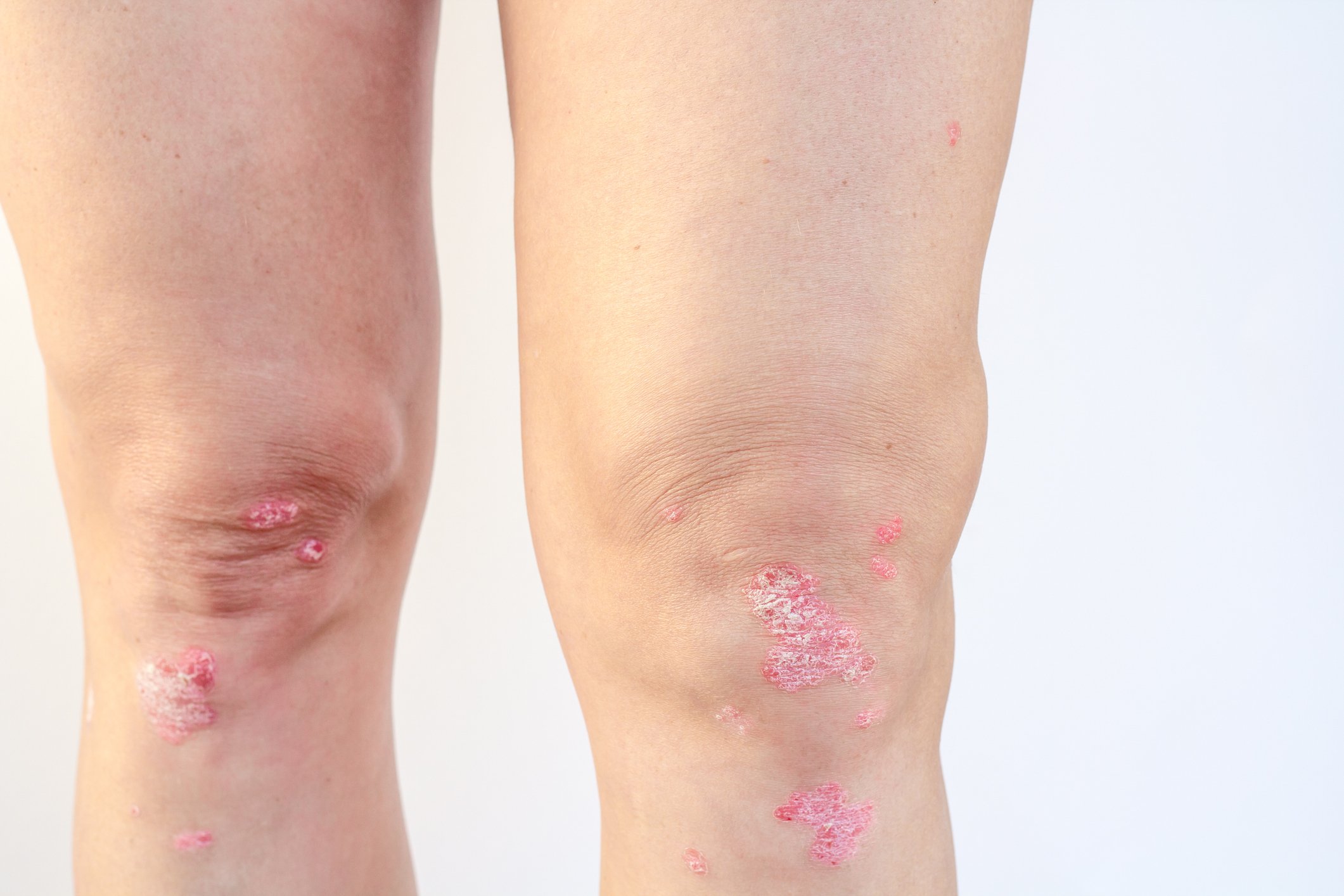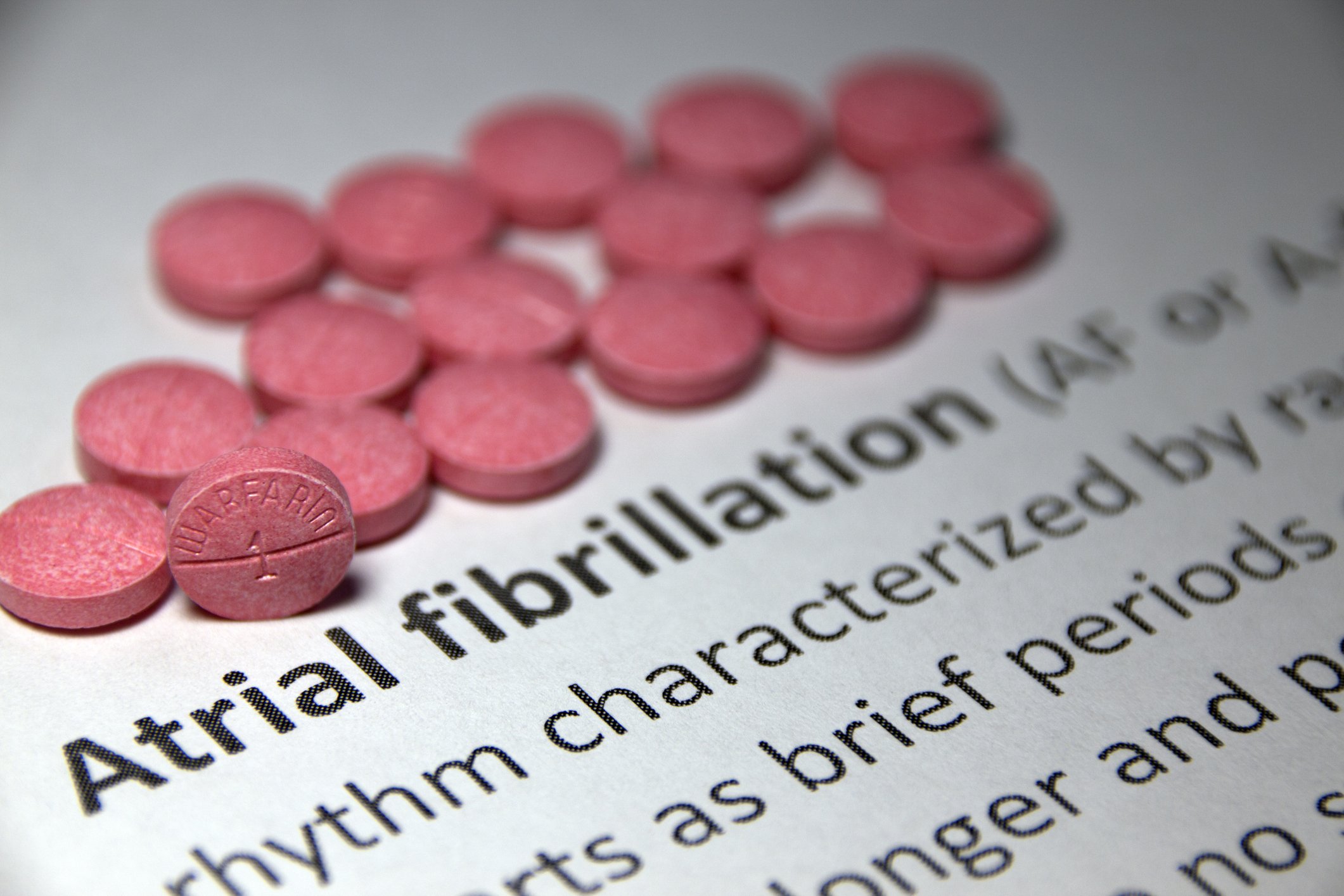Functional gastrointestinal disorders are a complex multifactorial disease. As with other medical conditions, there is increasing evidence that alterations in intestinal microflora are pathogenetically significant. To date, there is no causal therapy for functional gastrointestinal disorders. As part of a multimodal treatment strategy, various guidelines recommend the use of phytopharmacological preparations whose spectrum of action includes selective inhibition of pathogenic microorganisms.
Nowadays, state-of-the-art sequencing technologies are available, which allow to study the gut microbiome also as a whole and not exclusively in cell culture as in the past [1]. The functioning of intestinal microbiota is comparable to an endocrine organ, among others bioactive metabolites and enzymes are produced, which modulate physiological processes [2]. As in many other diseases, functional gastrointestinal disorders are thought to be influenced by the microbiome [3]. Altered composition of intestinal microflora and associated signaling molecules are thought to play an important role in the pathomechanism. Since the gut microbiome influences the immune system and intestinal barrier as well as the gut-brain axis, it stands to reason that there are links to functional gastrointestinal disorders [4].
Disturbed intestinal barrier and altered microflora
Functional gastrointestinal disorders are common and can be diagnosed using Rome IV criteria when organ pathologic structural disease has been excluded [5]. There are empirical findings of correlations between changes in gut microbiota and symptoms of functional gastrointestinal disorders. For example, irritable bowel patients have a different composition or reduced diversity of the microbiota compared to healthy controls [6]. The specific mechanisms of microbiome-irritable bowel interactions are not fully understood, but evidence suggests that the diarrhea-associated subtype is associated with intestinal bacterial overgrowth and the constipation-associated subtype is associated with a reduction in methane bacteria.
Functional dyspepsia also correlates with alterations in the microbiota as well as a disrupted intestinal barrier [7]. According to various findings, the duodenum, which is the most orally located part of the small intestine, is a key region in the pathophysiology of functional dyspepsia [8]. Reduced integrity of the duodenal mucosa promotes infiltration of acid, bile secretions, microbiota, and food antigens, and the interaction pattern is complex with respect to associated pathogenetic processes. A common symptom of various functional gastrointestinal disorders is flatulence. In addition to visceral hypersensitivity, poorly absorbed fermentable carbohydrates, and other factors, alterations in the microbiome also play a role by thereby affecting gas and foam formation in the intestine, which contributes to flatulence [9].
Selective inhibition of pathogenic germs as a therapeutic principle of action
To date, the exact causes of functional gastrointestinal disorders have not been elucidated. It is assumed that there is a multifactorial interaction structure, with various other aspects playing a role in addition to intestinal microbiota. Therefore, there is currently no causal treatment strategy, but the focus is on therapy of symptoms such as flatulence, epigastric pain, cramps, bloating, diarrhea or constipation. Based on a large body of evidence from placebo-controlled trials, phytotherapeutics are now recommended by national and international guidelines for functional gastrointestinal disorders, particularly functional dyspepsia and irritable bowel syndrome [5,10]. A high-dose combination of peppermint oil and caraway oil (Carmenthin®) is an effective medicine for digestive disorders, especially cramps, flatulence and bloating. The two essential oils have analgesic and anti-inflammatory effects as well as antibacterial effects. In doing so, they specifically combat pathogenic intestinal bacteria without affecting commensals. In particular, caraway oil (Carvi aetheroleum) selectively inhibits the growth of pathogenic germs (e.g. Bacteroides fragilis, Candida albicans, Clostridium spp.) without affecting beneficial bacteria (e.g. Lactobacilli, Bifidobacteria, E.coli). This results in reduced gas formation by microorganisms [11]. Peppermint oil also has antibacterial properties, among others [12]. Due to the multitarget principle, the combination preparation Carmenthin® alleviates several complexes of complaints simultaneously [13]. The phytopharmacologic is approved in Switzerland for adults and adolescents 12 years of age and older for the treatment of functional dyspepsia with epigastric pain, mild cramps, flatulence, and bloating and has been shown to be well tolerated even with frequent and prolonged use [14]. It is recommended that phytotherapeutics be used to treat functional gastrointestinal disorders as part of a multimodal therapeutic approach.
Literature:
- Shin A, et al: The Gut Microbiome in Adult and Pediatric Functional Gastrointestinal Disorders. Clin Gastroenterol Hepatol 2019; 17(2): 256-274.
- Meng X, et al: Gut dysbacteriosis and intestinal disease: mechanism and treatment. J Appl Microbiol 2020; 129(4): 787-805.
- Layer P, et al: Irritable bowel syndrome: German consensus guidelines on definition, pathophysiology and management. Z Gastroenterol 2011; 49: 237-293.
- Pimentel M, Lembo A: Microbiome and Its Role in Irritable Bowel Syndrome. Dig Dis Sci 2020; 65(3): 829-839.
- Stanghellini V, et al: Rome IV – Gastroduodenal Disorders. Gastroenterology 2016 pii: S0016-5085(16)00177-3.
- Enck P, et al: Irritable bowel syndrome. Nat Rev Dis Primers 2016; 2: 16014
- Madisch A, et al: Diagnosis and therapy of functional dyspepsia. https://cdn.aerzteblatt.de/pdf/115/13/m222.pdf
- Wauters L, et al: Novel concepts in the pathophysiology and treatment of functional dyspepsia. Gut 2020; 69(3): 591-600.
- Mari A, et al: Bloating and abdominal distension: clinical approach and management. Adv Ther 2019; 36(5): 1075-1084.
- Talley NJ, Walker MM, Holtmann G: Functional dyspepsia. Curr Opin Gastroenterol 2016; 32: 467-473.
- Hawrelak JA, et al: Essential oils in the treatment of intestinal dysbiosis: A preliminary in vitro study. Altern Med Rev 2009; 14(4): 380-384.
- Shams EC, et al: Peppermint Oil: Clinical Uses in the Treatment of Gastrointestinal Diseases. JSM Gastroenterol Hepatol 2015; 3(1), www.jscimedcentral.com/Gastroenterology/gastroenterology-3-1036.pdf
- Madisch A, et al: Internist 2015; 56, (Suppl. 1): 28.
- Swiss Drug Compendium: www.compendium.ch
HAUSARZT PRAXIS 2020; 15(10): 31











